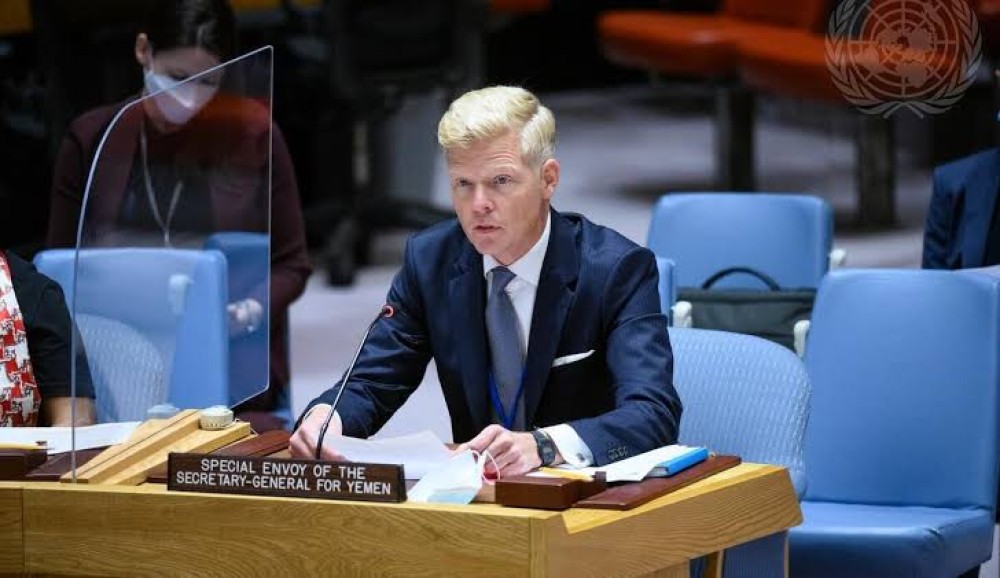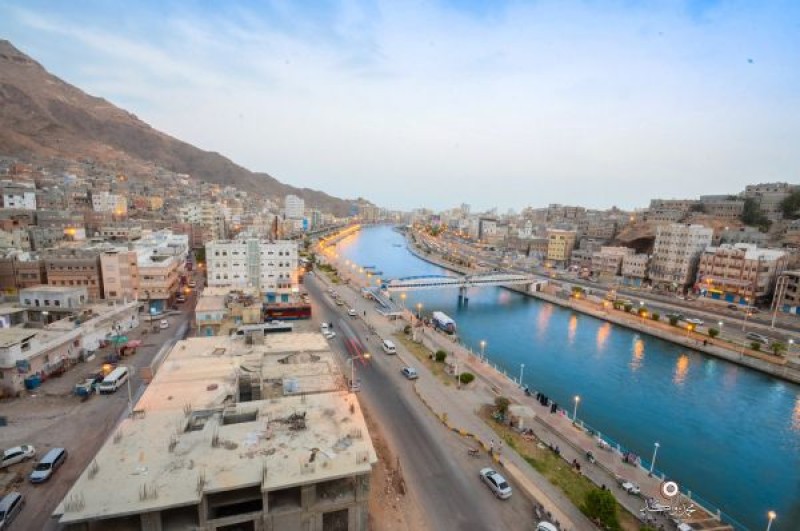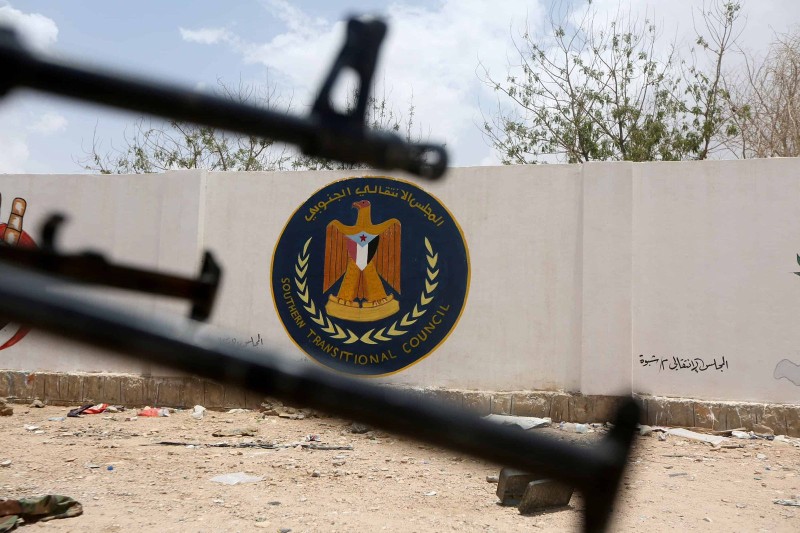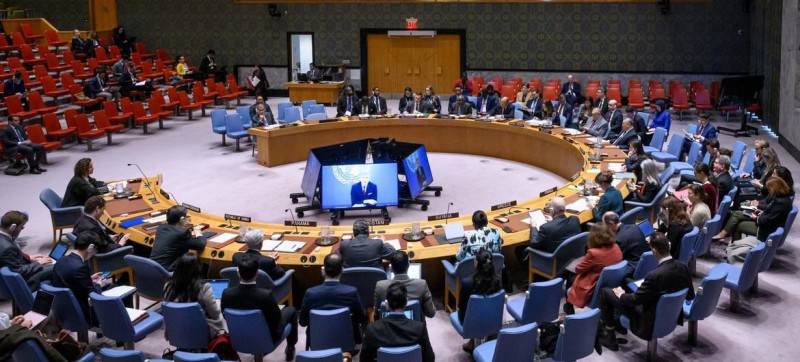Yemen: Briefing and Consultations and Mandate Renewal of the UN Mission to Support the Hodeidah Agreement


On Monday morning (10 July), the Security Council will hold its monthly briefing on Yemen with UN Special Envoy for Yemen Hans Grundberg. Assistant Secretary-General for Humanitarian Affairs Joyce Msuya is expected to brief, while UN Resident and Humanitarian Coordinator for Yemen David Gressly is expected to brief on the salvage operation of the FSO Safer oil tanker. Following the open session, Council members will hold closed consultations, during which Head of the UN Mission to Support the Hodeidah Agreement (UNMHA) Major General Michael Beary will brief.
Before the briefing, the Council is also expected to vote on a draft resolution renewing the mandate of UNMHA for another year, until 14 July 2024. The short one-page draft text in blue is being described by Council members as a technical rollover of the mandate contained in resolution 2643 of 13 July 2022, which most recently renewed the mission. (The term “technical rollover” is commonly used by diplomats to describe a concise resolution extending a peace operation’s mandate without altering its core mandate or tasks. It traditionally denotes an extension for a shorter period than is customary, but members increasingly use the term to describe routine mandate extensions where the content is unchanged.)
Briefing
Omani-facilitated talks between the Houthi rebel group and Saudi Arabia, which leads a military coalition in support of Yemen’s internationally recognised government, have still not produced any breakthroughs since a high-level Saudi delegation visited the Houthi-held capital of Sana’a in April. Grundberg is likely to mention that last month the first civilian flights from Sana’a to Saudi Arabia since 2016 took place, allowing Yemeni Muslims to make the annual Islamic pilgrimage of Hajj to the Saudi city of Mecca. He may also report that, from 16 to 18 June, the UN- and ICRC-chaired Supervisory Committee on the Implementation of the Detainees’ Exchange Agreement held in Amman its first follow-up meeting since the parties released nearly 1,000 detainees in April. In an 18 June statement, the Special Envoy’s office said that the Yemeni government and the Houthis agreed to continue talks on releasing further prisoners based on the “all-for-all” principle. This principle refers to the parties’ pledge to release all detainees, as agreed in the December 2018 Stockholm Agreement.
Despite Yemen’s longest lull in fighting since the now-expired April 2022 truce, Grundberg may underscore the fragility of the security situation, which highlights the need for a ceasefire agreement and a broader inter-Yemeni political process. Fighting in the south-western Dhale governorate in late June led to the deaths of six soldiers, according to media reports. In another incident, mortar fire injured five children on 5 July in the government-controlled Hays district in Hodeidah governorate, according to an UNMHA statement. The situation also remains fragile between the various groups that make up the anti-Houthi forces. At the conclusion of a month-long conference hosted by Saudi Arabia, political and tribal representatives from Hadramawt governorate announced the formation of the Hadramawt National Council (HNC). Its creation appeared to be in response to the increasing strength of the separatist Southern Transitional Council (STC) that the United Arab Emirates (UAE) supports.
On 27 June, the P3 (France, the UK, and the US) ambassadors to Yemen released a joint statement, highlighting that a solution has been offered to the Houthis for paying public servant salaries, which has been a key issue blocking progress in Houthi-Saudi talks. The statement encouraged the Houthi leadership to work constructively on this issue and called on the group to “renounce definitively any military option”. The P3 members might reiterate these messages at Monday’s session. More broadly, Council members may underscore the need for an inclusive Yemeni political process under UN mediation for a sustainable resolution of the conflict. China, which helped mediate the restoration of relations between Saudi Arabia and Houthi ally Iran in March, may reference the 6 July meeting held between its Special Envoy for the Middle East, Zhai Jun, and Grundberg. According to the UN Special Envoy’s office, Grundberg and Zhai discussed ways to enhance international support for UN-led mediation in Yemen and to sustain unity in the Security Council in support of a durable political solution.
Msuya is expected to provide an update on the humanitarian situation and relief efforts in Yemen, including the situation of migrants and asylum seekers in the country. The International Organization for Migration (IOM) recently reported that more than 77,000 migrants this year have crossed the Gulf of Aden to Yemen, already surpassing the total in 2022. Widespread violence, exploitation, and abuse has left 43,000 migrants—who seek to traverse Yemen for work in Gulf countries—stranded in the country, according to the IOM, which has had to suspend migrant registration for voluntary repatriation flights because requested assistance has exceeded the resources available for returns.
More broadly, Msuya is expected to reiterate the importance of measures for stabilising Yemen’s economy, which are critical for alleviating humanitarian needs. The government’s inability to export oil and the resulting revenue losses since Houthi drone attacks on oil terminals in October and November 2022 has further harmed the provision of basic services and the payment of public servants’ salaries. Houthi restrictions on the movement of women without male guardians continue to negatively impact aid operations, an issue that Msyua is likely to raise. She may also note that shortages in donor funding for the 2023 Yemen Humanitarian Response Plan, which requires $4.3 billion but is only 29 percent funded, is forcing humanitarian actors to consider scaling back operations.
Gressly is expected to brief the Council from the FSO Safer, the decrepit oil tanker moored in the Red Sea off of the Ras Isa oil terminal in Hodeidah governorate. Over the past two years, Gressly has been leading the development of a plan and fundraising efforts to prevent a massive oil spill from the vessel. Last month, experts from maritime salvage company SMIT, which is a subsidiary of the maritime services provider Boskalis, began preparatory operations and technical assessments of the ship in order to transfer the oil on the FSO Safer to the replacement vessel, called the Nautica, that the UN Development Programme (UNDP) purchased in March.
Along with providing an update on the operation, Gressly is likely to appeal to donors to provide the outstanding $28 million required for the operation, including to safely moor the Nautica, to tow and scrap the FSO Safer, and to repay the UN Central Emergency Fund (CERF). (Earlier this year, the CERF loaned $20 million to the project to facilitate the operation’s launch.)
UNMHA Mandate Renewal
The UK, the penholder on Yemen, proposed a technical rollover of UNMHA, which is tasked with monitoring the December 2018 ceasefire agreement in Hodeidah governorate and assisting the government and Houthis with the agreement’s implementation. It circulated a one-page zero draft on 30 June. A slightly revised version of the text passed silence procedure earlier this morning (7 July) and was subsequently put in blue.
The UK’s proposal for a technical rollover of UNMHA’s mandate mirrors the Council’s approach to the renewal in February of the Yemen sanctions regime, which the Council extended until 15 November, in order to avoid potential changes to the sanctions regime that could disrupt ongoing diplomatic processes. Moreover, from the UN’s perspective UNMHA’s existing mandate gives the mission sufficient space and leverage to continue its efforts to expand its footprint and address such issues as mine action, which has become an increasingly important activity.
During an initial comments period on the draft resolution, it seems that Russia, which has traditionally objected to language in Council products that it perceives as too critical of the Houthis or not balanced, raised concerns about the text including a reference to Houthi hindrances to UNMHA’s freedom of movement. The Secretary-General’s annual review of UNMHA, which Council members received in a letter dated 12 June, indicated that one of the greatest challenges to the mission’s effective operation continues to be Houthi restrictions on its freedom of movement. These restrictions limit the ability of UNMHA patrols to Hodeidah, Salif, and Ras Isa ports to assess “independently and comprehensively” their civilian nature. The Houthis are also not allowing UNMHA access to districts in southern Hodeidah, which have formed the frontlines in the governorate since government-affiliated forces withdrew from Hodeidah city in November 2021, with the exception of a one-time visit by Beary on 1 February. The draft resolution in blue still includes a sentence about the access issue which is based on language from resolution 2643. But the reference to “highlighting” Houthi hindrances to UNMHA’s freedom of movement, as resolution 2643 had noted, has been revised to “recalling” Houthi hindrances.
Despite these challenges to the mission, the review of UNMHA documents the mission’s progress in expanding its presence on the government side of the frontlines. It details, among other issues, UNMHA’s expanding civil affairs work, which have included activities in support of the women, peace and security (WPS) agenda and collaboration with the UN Country Team. The review notes that UNMHA also remains dedicated to fostering confidence-building measures in Hodeidah that support the Special Envoy’s efforts to achieve a comprehensive and negotiated political settlement to end the war.

Aden – Yemen is witnessing heightened political activity aimed at defusing tensions in the eastern provinces, where competing forces have vie…

Aden – Anwar Al-Tamimi, spokesman for the Southern Transitional Council (STC), stated that the council’s recent deployments toward Hadr…

NEW YORK — The United Nations Security Council will convene its annual session on Wednesday, December 17, to hear briefings from the chairs o…